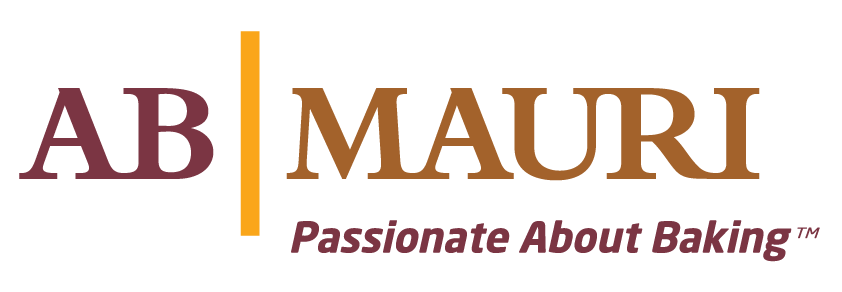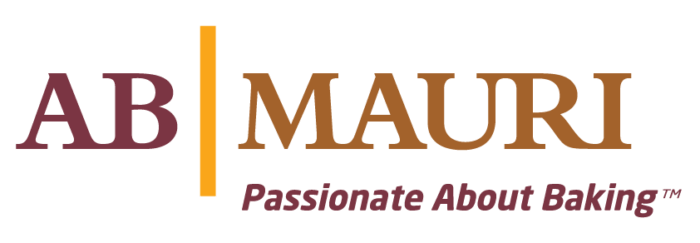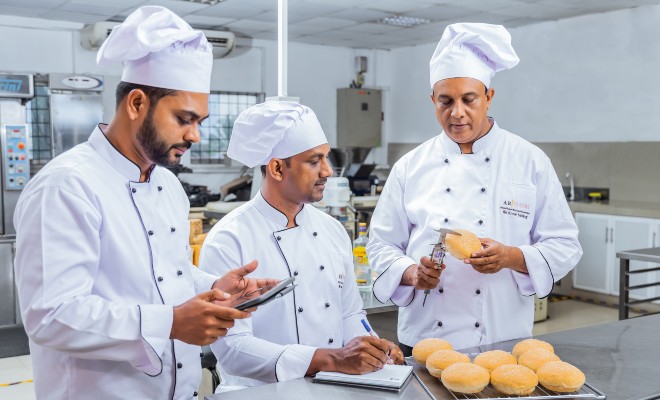Services
Introduction
AB Mauri is committed to provide a range of services in the aim of uplifting the bakery industry and the skills and aptitudes of the home baker. We are equipped with the necessary training personnel, facilities and technology to conduct the most sought-after services in terms of training programmes, masterclasses, and the awarding of qualifications. We have received continuous commendations, and appreciations from industry bodies and professionals for providing timely, and high-quality services that have made a difference in people who have a passion for baking.
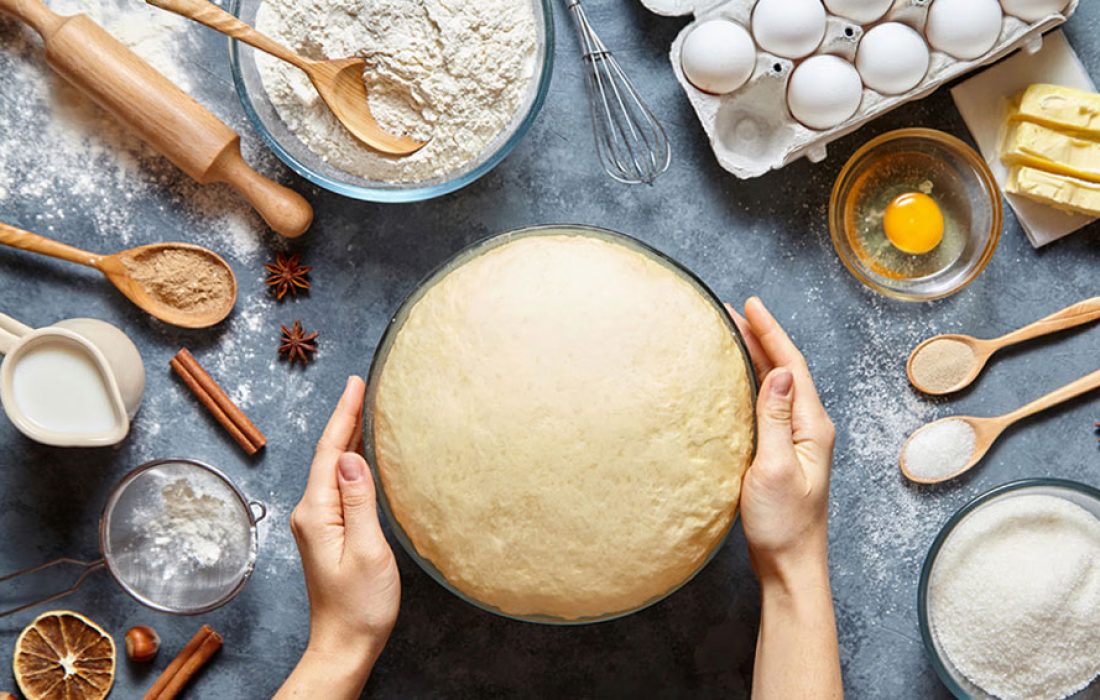
FAQ
-
Bakery
-
HoReCa
-
Retail & Public
-
Home Baking
A minimum of 4 labourers are required to carry out the functions of the bakery.
If he handles the main work, he should have a minimum of 3 years' experience.
By conducting regular meetings with workers, doing demonstrations at their places, and introducing incentive schemes for new developments, the attitudes and perceptions of traditional workers can be changed.
Workers' professional knowledge can be increased by conducting monthly meetings. Demonstrations can be done at the respective bakeries to ensure product knowledge is enhanced. Further, salary increments and incentive schemes can be designed to motivate workers to develop new products.
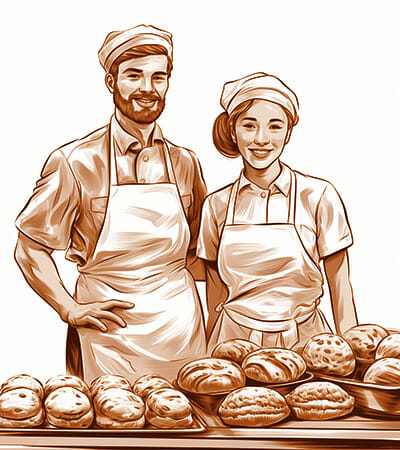
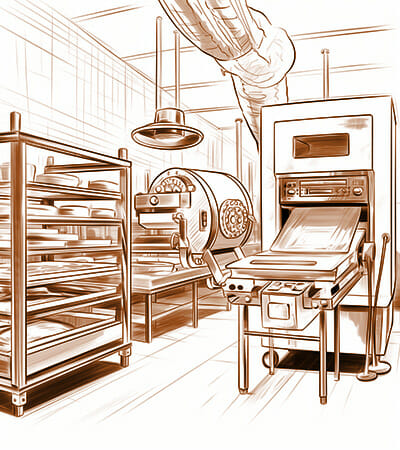
A 40 L mixing machine and a 3 deck oven is the best combination.
A gas oven would be more economical and cost effective.
A 40 L planetary mixer with the capacity for 50kg of flour is recommended.
It is important to have the correct number of bread racks and pans. If insufficient distance is left between bread pans, the bread tends to underbake which impacts the product's shelf life. It leads to mould growth and spoilage before reaching the estimated product shelf-life. Another source of contamination and spoilage is "frosting" since it is rich in nutrients and comes in contact with many surfaces.
Aluminum or non-stick pans are the best.
Baking Powder
Option 1: Use the Chittick apparitor to check the gassing.
Option 2: Bake the product and measure the volume and crumb of the finished product.
Yeast
The activation of the yeast can be tested. However, it may take a long time.
Option 1: Swab test
Option 2: Check the volume of the baked product, fermenting time and oven spring
For cakes:
To increase the volume of cakes, ingredients such as cake improvers and baking powders can be used. Ensure that your baking powders are fresh, free from moisture, fully functional and of the best quality.
Longer creaming time can incorporate air into the cake batter and give lighter cakes.
Cake flours contain less protein, which produces a lighter texture than all purpose flour.
Maintain a consistent temperature while baking for an even rise in cakes.
For breads:
For breads, make sure your yeast is active and well stored once used, as it is moisture and temperature-sensitive. Follow proper kneading techniques for gluten development that would help trap gas produced by yeast.
Bread dough should be proofed at the right temperature and humidity, to promote yeast activity and gas production.
Maintain a consistent temperature while baking for an even rise in breads.
Bread improvers and ingredients such as vital wheat gluten strengthen dough and improve volume.
Longer fermentation can improve flavour and volume.
Calcium Propionate can be used to increase the shelf-life of bread and Sodium Propionate can be used for cakes and confectionery.
Once opened, baker's yeast can be kept for 1 to 6 days. It should be stored in an air-tight container.
Not at all. Cheap ingredients will produce a negative impact on the quality of the products. The bakery will only be able to attract the low-spending customer segment.
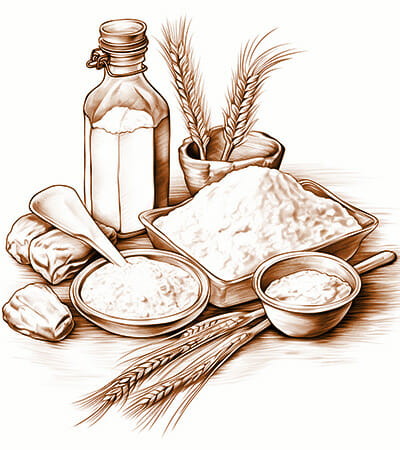
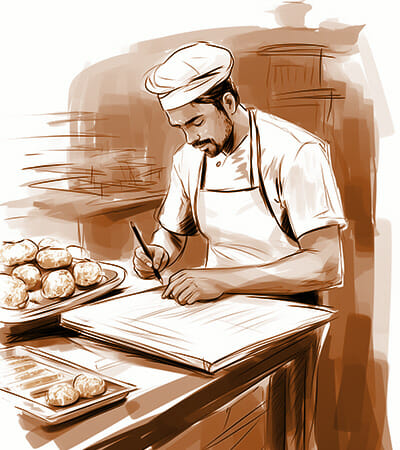
The "First-In, First-Out" system helps to maintain the freshness of products. It can also help to reduce the time spent on activity changes.
If the dough is still workable but didn't rise as expected, you can reshape it and let it rise again. Sometimes, it just needs more time to develop.
Alternatively, you can repurpose the unrisen dough into other baked goods, such as flatbreads, pizza dough, fried dough, doughnuts, biscuits, or scones.
Using pre-mixes saves production time and reduces production costs. It can help maintain consistent quality of goods every day. Also, there is no necessity to utilise high-skill level workers.
Bakery staff in a hotel require at least 2 years of experience with the NVQ Level 4 qualification.
The recipe wallet allows you to store your recipes in one place and gives easy access. The best and unique recipes can be stored in the recipe vault. The overall quality of the recipes can be maintained through these methods.
Strategies that can help you maintain consistency are comprehensive training programs, recipe standardisation, consistent ingredient sourcing, supervision and monitoring, clear kitchen procedures, effective communication, cross-training, documentation and records, taste panels, feedback and employee retention.
Over-the-counter sales personnel should have comprehensive product knowledge, possess the differentiation power of similar products in terms of quality, price and customer requirements, be knowledgeable on the storage, shelf life and handling of the products (butter cake versus gateaux), know the price and weight and be able to cross-sell complimentary products.
Customer service skills, a positive attitude towards learning, ethical sales practices, communication skills and problem-solving skills are equally important.
Careful planning and execution are key.
- Menu planning: consider dietary preferences, restrictions, and occasions.
- Determine the quantities and variety of dishes you could offer.
- Guest count estimation: help determine portion size and ingredient quantities.
- Recipe scaling: adjust recipes based on the guest count.
- Ingredient inventory
- Equipment and space preparation
- Preparation work
- Batch cooking and timing
- Back-up plan


There are nearly sixty key pieces of equipment required at a hotel. The different categories are listed below:
- Ovens
- Ranges, grills, and ventilation
- Microwave ovens
- Freezers and refrigerators
- Food prep surfaces
- Safety equipment
- Sinks
- Dishwashers
- Service ware
1 deck oven with 3 trays and/or a conventional oven with 6 trays.
The machines need not be serviced regularly. However, if there is any issue or wear and tear, they may have to undergo servicing.
- Machines – Daily
- Bread pans – Weekly
- Trays - Daily
- Oven – If there is an issue
- Mixer – Daily
- Other utensils such as knives and spoons – Daily
- Refrigerator – Weekly
Product range, reliability, continuous supply, quality standards, price range, and industry reputation will need to be evaluated.
The Head Bakers, as they are well knowledgeable in different ingredients and the qualities.
Product range, reliability, continuous supply, quality standards, and price range need to be evaluated.
A monthly average of ingredient usage needs to be calculated and provisions need to be kept for an additional 25%.


It is always recommended to follow the temperature given in the recipe. By following the same temperature for all products, quality variations may occur.
By checking the comments and reviews given for recipes, the best ones can be selected.
The best accurate measuring unit is grams.


No. The proper consistency, texture, flavour and presentation can’t be achieved.
An evaluation of the quality standards, price range, and after-sales services need to be done. Checking the previous buyers' comments will give an idea about the seller and product.
It is important to evaluate the range of products, pack sizes, colour, purity, free-flowing properties, instructions in the packaging, expiration date, availability, and quality standards such as SLSI.
Using pre-mixes allows savings on production time and production costs. It helps maintain a consistent quality of the product every day and requires less skilled labour.
It means that the total batter weight is 1kg. The batter is made by the addition of 250g of sugar, butter, eggs, and flour.
It is caused by highly curdled butter.


Yes, the type of baking pan affects baking. The best materials are aluminum and non-stick.
Under-baking is the reason for a cake to collapse after unloading.
There could be a few reasons such as poor dough development, an insufficient amount of yeast in the recipe, and poor quality flour that produces unrisen bread.
Cakes need to have a stable mixture of water and oil, which is called the emulsion. An emulsion is a uniform mixture where water is held in tiny droplets in an oil-rich batter. If an emulsion is not created properly, it produces curdled batter. Fat can carry only a limited amount of liquid. Fat spreads contain more water than margarine. When the cake batter contains too much liquid, the water tends to release off the fat, producing curdled batter. It is recommended to use margarine instead of fat spread, in cake making.
Demonstration training is the best way to gather professional baking knowledge and it is the best information source.
No. To start a successful baking business an individual needs to obtain professional knowledge, skills, and experience from experts in the field.
A vast amount of knowledge can be obtained by participating in training and gathering information from trusted sources.
No. Regular cups and spoons would not provide accurate measurements. Properly calibrated measuring cups, bowls, and spoons are recommended for use. Weighing ingredients with a scale is the most accurate measurement for baking.


Capacity, type of mixer, speed settings, bowl size and material, safety features, motor power, ease of cleaning, space in the workstation, durability, warranty and after-sales service, brand reputation, noise level, ease of operation, and additional features such as timers, digital controls, energy efficacy, and compatibility with voltage and electrical requirements need to be considered.
If the oven has a heat circulation system it is favourable for baking.
The oven does not need to be cleaned regularly. Baking products containing meats and vegetables can emit moisture and ordours. Therefore wiping the oven inside once switched off and cooled down is recommended. Depends on the products baked.
Electric ovens are much suitable for home baking.
It can happen when the right baking time is not set or the oven has uneven heat distribution.
A digital scale produces much accurate readings.
Using pre-mixes saves production time and reduces production costs. It can help maintain consistent quality of goods every day. It reduces the need for skilled labourers.
By evaluating the product range, reliability, continuous supply ability, price ranges, and quality standards. It is also important to check if they provide any training. Information can be gathered from the supplier's hotline.
Most fats used in baking such as butter, margarine, and vegetable shortening have high melting points which help them withstand heat. Blow-torching whipped cream will help it stay in shape without melting.
The mixture has to be frozen and mixed again.
No. Those ingredients will negatively impact the quality of the products. The business will only be able to attract the low-spending customer segment. Lack of product information and poor traceability may lead to difficulty in identifying and addressing any instances of spoilage or food poisoning.


The pricing should be done considering the raw material costs and overhead costs.
When there are fewer air pockets in the cake batter it tends to be hard, and doesn't rise to the expected level.
Too much flour, poor fermentation conditions, low yeast activity, undeveloped gluten can make the dough stiff and dry. Measurements of the ingredients should be accurate and it is important to follow the 4 M's; Man, Machine, Material, and Method.
The shelf life of a home-baked cake at room temperature depends on several factors, including the ingredients used, the cake's moisture content, and the environmental conditions. In general, most home-baked cakes can be safely stored at room temperature for 2 to 4 days.
